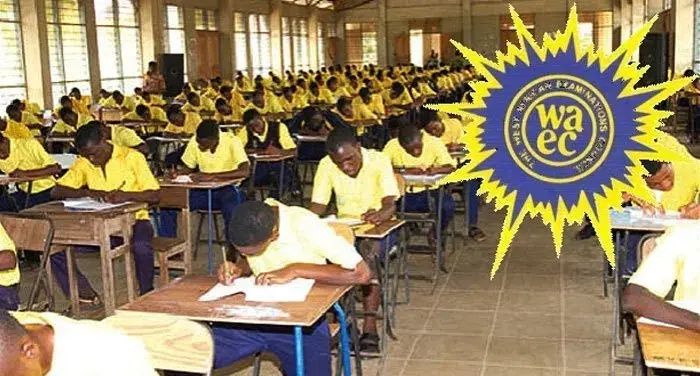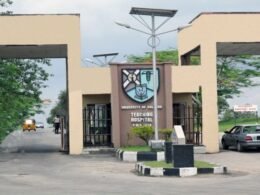The controversy surrounding the Federal Government’s decision to set 18 years as the minimum age for writing the Senior Secondary School Certificate Examinations (SSCE) is multifaceted, with implications for students, parents, educators, and the broader educational system in Nigeria. Here’s a deeper look into the details:
6-3-3-4 Education System: Nigeria’s educational system is structured such that a child enrolls in primary school at age six, spends six years in primary school, three years in junior secondary, three years in senior secondary, and four years in tertiary education. By this structure, students are typically around 18 years old by the time they complete secondary school and are ready for university.
Recent Government Directives: The Ministry of Education’s new policy, announced by Education Minister Professor Tahir Mamman, mandates that students must be at least 18 years old to sit for the SSCE starting from 2025. This is a step further from the already existing policy that set 18 as the minimum age for admission into tertiary institutions.
Maturity and Readiness: The government argues that students who are 18 years or older are more mature and better equipped to handle the rigors of university education. The policy aims to standardize the age at which students complete secondary education and enter higher institutions.
Transition Period: For the 2024 academic year, an exception is being made where students as young as 16 can still be admitted to universities. This is intended to give parents and students time to adapt to the new rules.
Impact on Academically Advanced Students:
Many stakeholders argue that the policy could disadvantage students who are academically ahead of their peers but are younger than 18. These students might be forced to wait, potentially causing them to lose momentum and interest in their studies.
Forcing students to stay in school longer than necessary could lead to overcrowding in classrooms and unnecessary strain on the educational infrastructure
Universities might see a decline in the number of applicants, particularly from students who would have typically completed their SSCE before age 18.
This could lead to a bottleneck, with a surge in older students competing for limited spaces in subsequent years, potentially increasing competition and stress for both students and parents.
Delaying students’ entry into tertiary institutions might extend the period during which they are financially dependent on their families, which could be burdensome for some households.
Critics also worry about the long-term impact on the workforce, as students would be older by the time they graduate and enter the job market.
Teachers and academic unions, including NUT, ASUU, and CONUA, fear that the policy might lead to a decrease in educational standards if not properly implemented. They argue that competency and readiness should be the key determinants for moving to the next educational level, not age.
The policy could inadvertently increase the dropout rate, especially in regions where students start school later due to socio-economic factors.
There are concerns that this policy could widen educational inequalities, particularly in rural areas where access to education is already limited.
Implementation Challenges:
How the government plans to enforce this policy across the diverse educational landscape of Nigeria remains a significant concern. Ensuring that all students, regardless of their socio-economic background, are equally prepared to meet this age requirement is a major challenge.
There is also the question of how this policy aligns with international standards and whether it might affect Nigerian students seeking education abroad.
The Federal Government’s decision to enforce an age limit of 18 for SSCE and tertiary education entry has sparked a national debate, reflecting broader concerns about educational access, equity, and quality in Nigeria. While the policy aims to ensure that students are mature enough for the challenges of higher education, many stakeholders believe it could have unintended negative consequences, particularly for younger students who are academically ready to advance. The coming years will be critical in observing how this policy is implemented and its actual impact on the Nigerian educational system.









